Saffron: Important Facts, Health Benefits, and Recipes
Explore the world of saffron with our ultimate guide, covering its history, health benefits, culinary uses, and more – elevate your dishes and well-being with this precious spice.
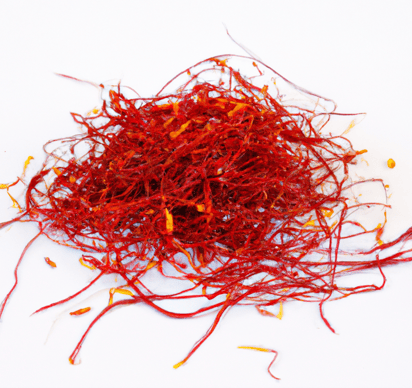
Best Saffron Recipes
-
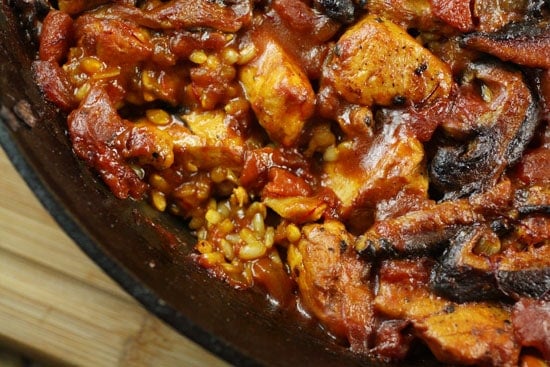
-

-
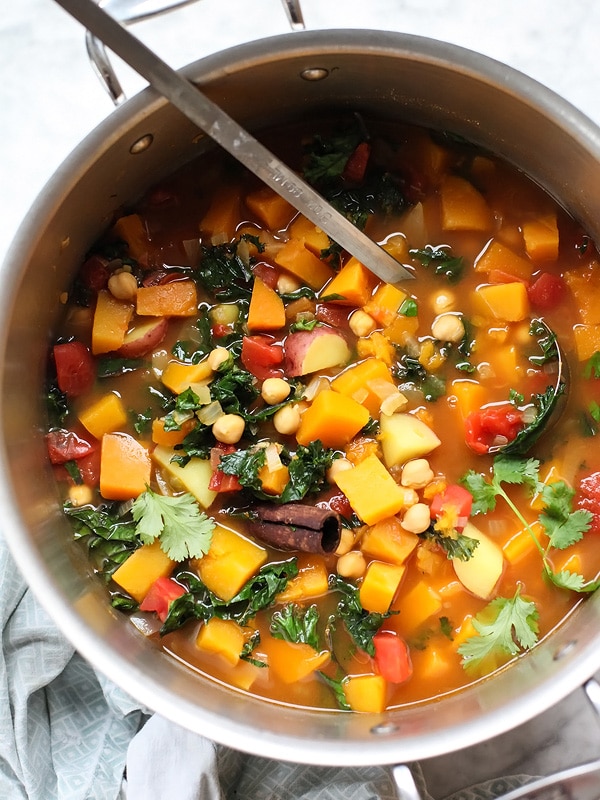
-
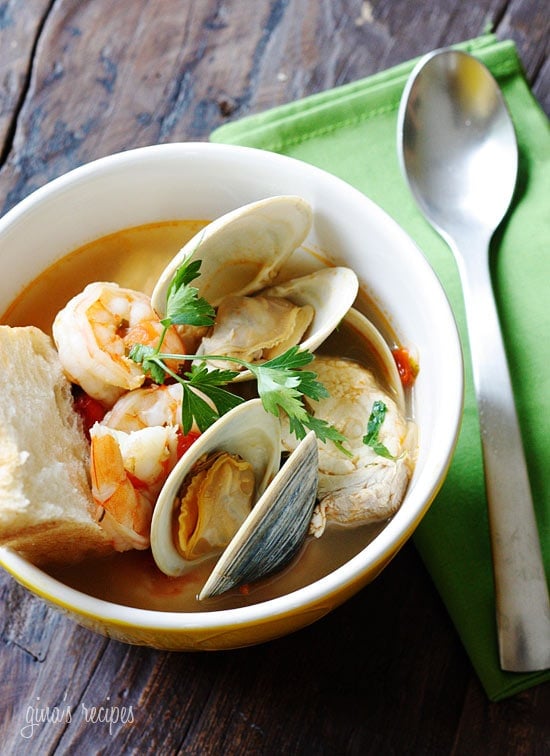
-

-
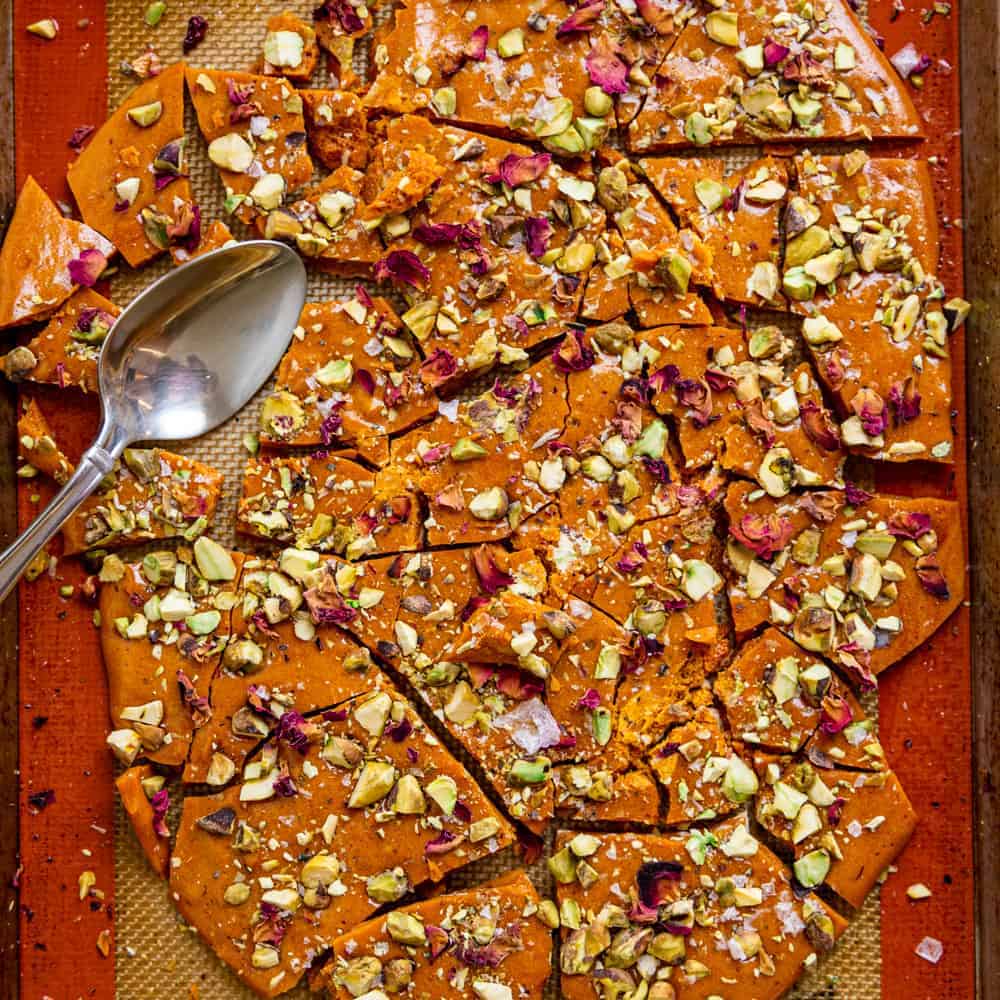
-

-
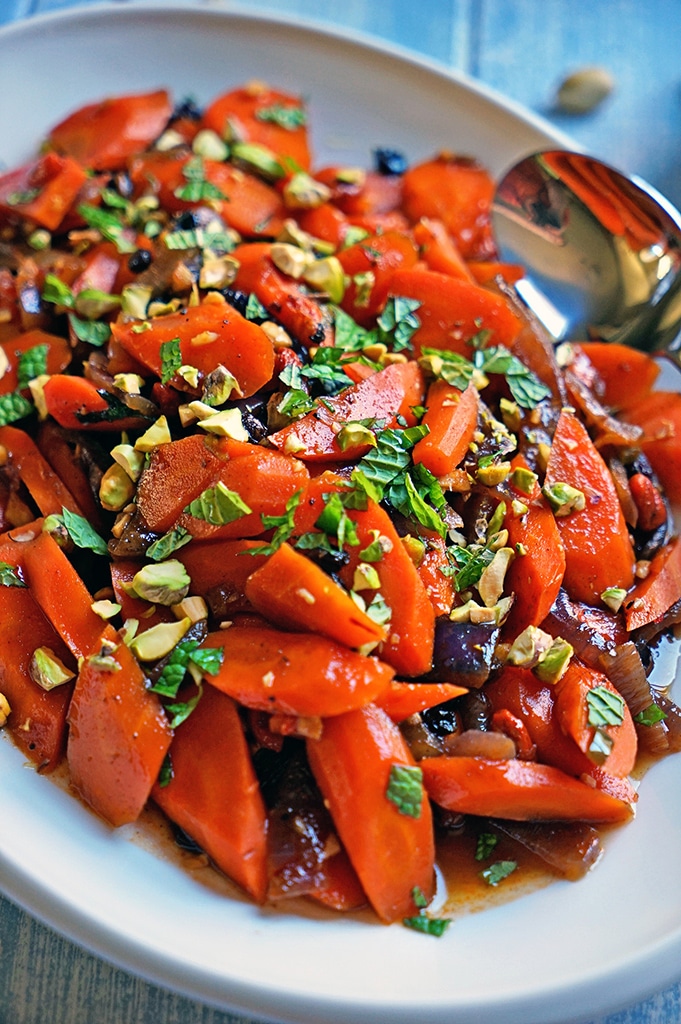
-
![Harira - Moroccan Lentil Soup Image]()
-
![Baked Saffron Falafel with Orange Tahini Sauce Image]()
-
![Grilled Lamb and Beef Koobideh Kebabs Image]()
-
![Roasted Chicken with Saffron Rice, Vegetables Image]()
-
![Chicken and Rice (Arroz con Pollo) Image]()
-
![Quick Chicken and Rice Image]()
-
![Vegetable Paella Image]()
-
![Weeknight Seafood Paella Image]()
-
![Instant Pot Pressure Cooker Shrimp Paella Image]()
-
![Chicken Tagine with Preserved Lemons and Olives Image]()
-
![Moroccan Chicken Tagine Recipe Image]()
-
![Parsi Pulao Recipe (Saffron Rice Pilaf) Image]()
-
![Spiced Lamb Meatloaf Recipe Image]()
-
![Provencal Seafood Bisque Recipe Image]()
-
![Seafood Paella Recipe Image]()
-
![Instant Pot Paella with Chicken and Sausage Recipe Image]()
-
![Cod Poached in Court Bouillon Recipe Image]()
-
-
![Moroccan Chermoula Marinade Recipe Image]()
-
![Pressure Cooker Moroccan Lamb or Beef Tagine With Prunes Image]()
-
![St. Lucia Saffron Buns Recipe, Swedish Lussekatter Rolls Image]()
-
![Moroccan Chicken Bastilla Recipe Image]()
-
![Easy Rice Cooker Saffron Rice Recipe Image]()
-
![Bouillabaisse Recipe Image]()
-
![Indian Chicken Biryani {Authentic} Image]()
-
![Moroccan Fish Tagine (Mqualli) Recipe Image]()
-
![Swedish Lussekatter St. Lucia Buns Recipe Image]()
-
![The Best Moroccan Chicken Tagine Recipe Image]()
-
![Easy Saffron Rice Recipe Image]()
-
![French Rouille Sauce Recipe Image]()
-
![Badam Almond Halwa Indian Dessert Recipe Image]()
-
![Classic Sicilian Arancini Recipe Image]()
-
![Moroccan Chicken With Preserved Lemon and Olives Recipe Image]()
-
![Shrimp Mozambique (Camarão Moçambique) Recipe Image]()
-
![Moroccan Tagine With Carrots, Potatoes, and Chickpeas Image]()
-
![Moroccan Mechoui Recipe for Roased Leg of Lamb Recipe Image]()
-
![Moroccan Chicken and Apricot Tagine Recipe Image]()
-
![Moroccan Tangia Marrakchia Recipe Image]()
-
![Traditional Moroccan Saffron Tea Recipe Image]()
-
![Berber Tagine Recipe with Meat and Vegetables Image]()


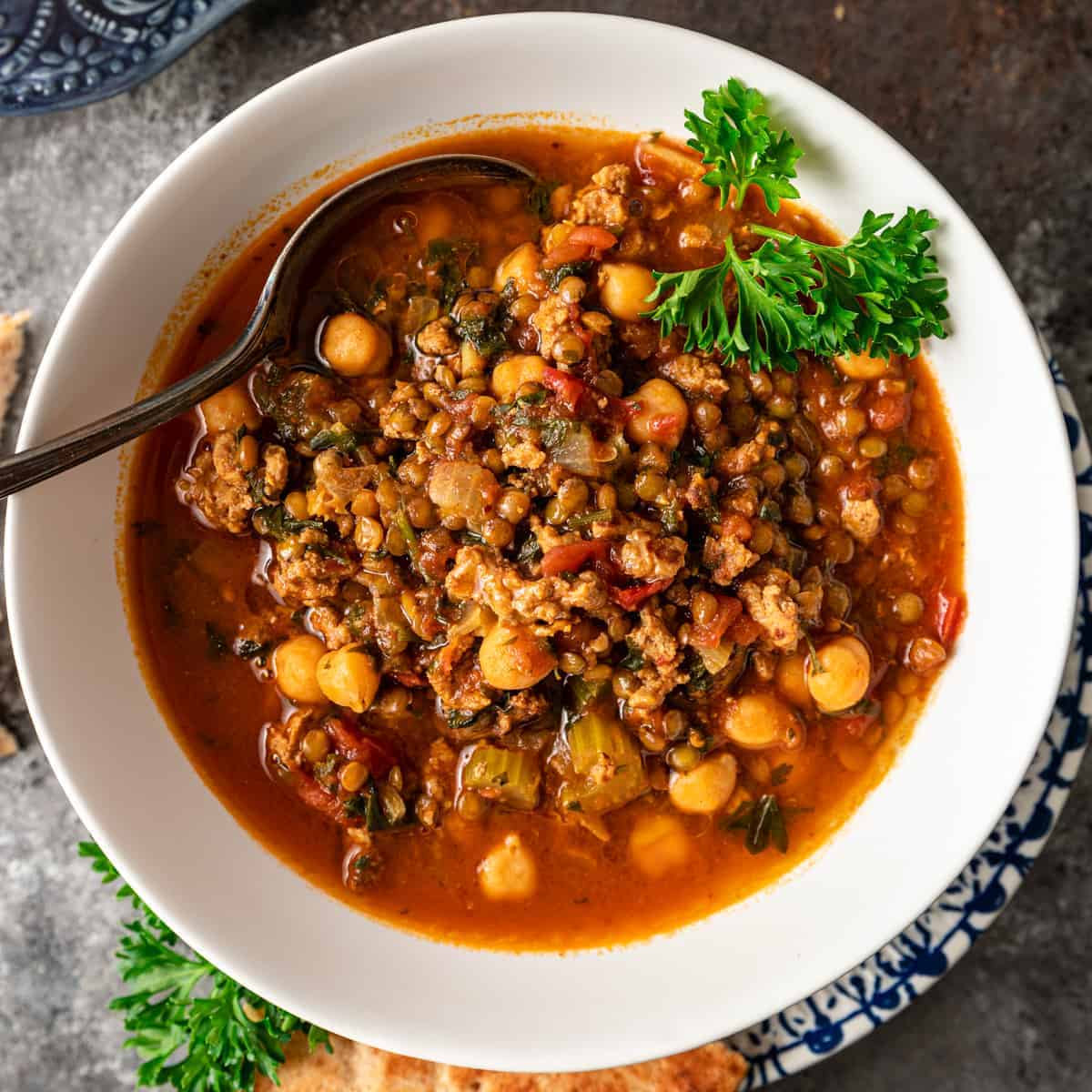




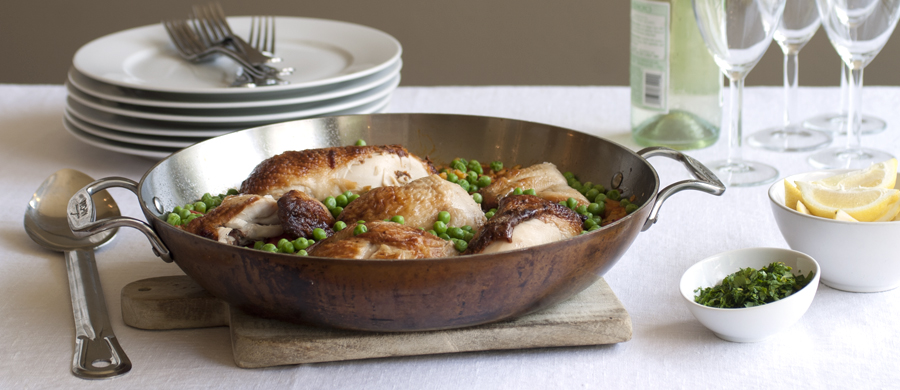
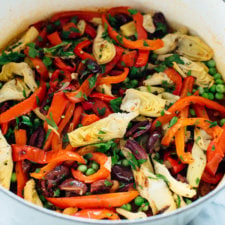
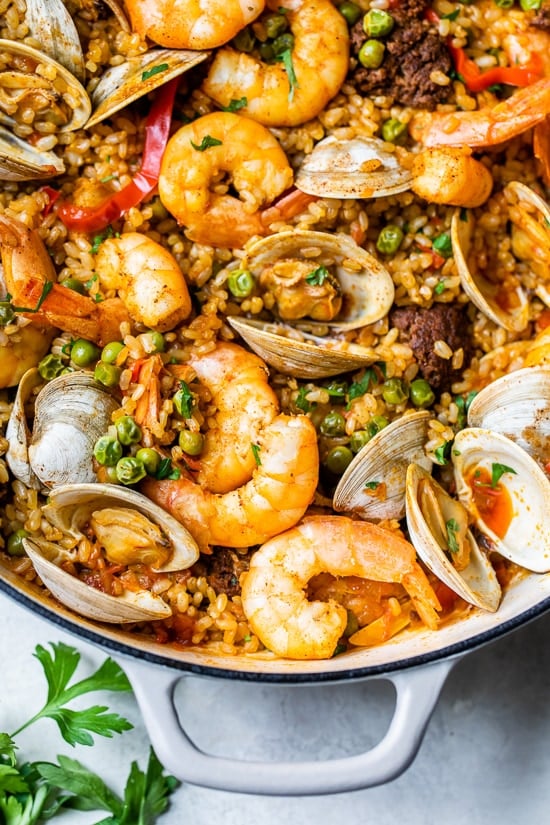
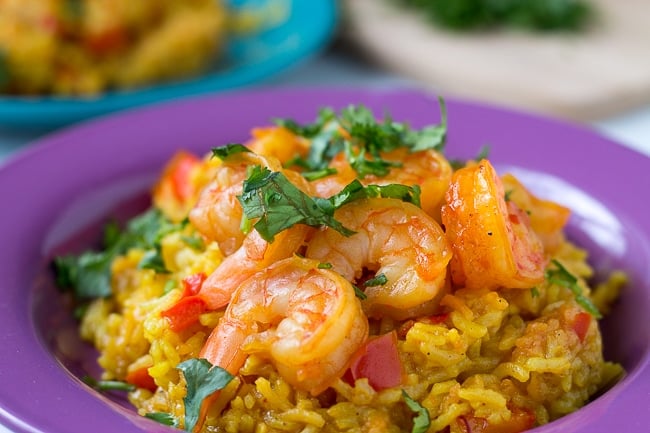

:max_bytes(150000):strip_icc()/chicken-tagine-with-chickpeas-and-raisins-2394713-hero-01-84b97e37f06846e696167d28c9f32996.jpg)
:max_bytes(150000):strip_icc()/__opt__aboutcom__coeus__resources__content_migration__simply_recipes__uploads__2012__04__saffron-rice-pilaf-horiz-b-1800-1f54c9db8d634ecfb2431532543dc76d.jpg)
:max_bytes(150000):strip_icc()/__opt__aboutcom__coeus__resources__content_migration__simply_recipes__uploads__2006__01__moroccan-meatloaf-horiz-b-1800-78a93669a33a4b9ba2ec256951108eae.jpg)
:max_bytes(150000):strip_icc()/__opt__aboutcom__coeus__resources__content_migration__simply_recipes__uploads__2010__08__provencal-seafood-bisque-horiz-a-640-0deba5cd1a394b0fae08f9542ac80ae7.jpg)
:max_bytes(150000):strip_icc()/__opt__aboutcom__coeus__resources__content_migration__simply_recipes__uploads__2018__07__Seafood-Paella-HORIZONTAL-ce4d8fe93ec045c0a868ec065f49800a.jpg)
:max_bytes(150000):strip_icc()/__opt__aboutcom__coeus__resources__content_migration__simply_recipes__uploads__2018__01__2018-01-Pressure-Cooker-Paella-13-b11e16729d404f178e81aa882e70b8f9.jpg)
/__opt__aboutcom__coeus__resources__content_migration__simply_recipes__uploads__2014__03__cod-poached-court-bouillon-horiz-a-1300-e2ec888e114f44b6a3e60e115bd2eddb.jpg)
:max_bytes(150000):strip_icc()/chermoula-recipe-moroccan-marinade-2394640-hero-5c4a3014c9e77c00016f7481.jpg)
:max_bytes(150000):strip_icc()/moroccan-tagine-lamb-beef-prunes-recipe-2394651-hero-01-7242212179e4448a96ee1974c14ace48.jpg)
:max_bytes(150000):strip_icc()/__opt__aboutcom__coeus__resources__content_migration__simply_recipes__uploads__2013__12__st-lucia-buns-horiz-a-1800-e6c3ce54318847af918c33275efdad67.jpg)
:max_bytes(150000):strip_icc()/bastilla-chicken-1500-x-1000-56a6446e3df78cf7728c2e32.jpg)
:max_bytes(150000):strip_icc()/saffron-rice-made-in-rice-cooker-3217198-hero-1-b253598deda744aa90d8c7d609d2b373.jpg)
:max_bytes(150000):strip_icc()/Simply-Recipes-Bouillabaisse-LEAD-4-c74e05e003a049c88004c94876ff140e.jpg)
:max_bytes(150000):strip_icc()/__opt__aboutcom__coeus__resources__content_migration__simply_recipes__uploads__2019__01__Chicken-Biryani-LEAD-HORIZONTAL-d70ff38d7d65413a8464acdd857b09df.jpg)
:max_bytes(150000):strip_icc()/fishtaginereadytocook-571113ac5f9b588cc2c9ea99.jpg)
:max_bytes(150000):strip_icc()/st-lucia-buns-566cd91f5f9b583dc35d1855.jpg)
:max_bytes(150000):strip_icc()/chicken-tagine-with-preserved-lemons-olives-2394715-hero-01-a06855bac5f54993ac299107f87a2de8.jpg)
:max_bytes(150000):strip_icc()/easy-saffron-rice-recipe-3217204-hero-01-00adedc176e74c3bb949c5c1a7b53fa7.jpg)
:max_bytes(150000):strip_icc()/french-rouille-sauce-1300729-hero-01-0432136f57754b9c9f838064aa6d2315.jpg)
:max_bytes(150000):strip_icc()/badam-halwa-badam-ka-halwa-1957808-hero-01-e406d2f8054146a59d25f500bbb3010b.jpg)
:max_bytes(150000):strip_icc()/classic-sicilian-arancini-rice-balls-3998136-hero-01-92a2f3b7c8984d52bf5144f6ec865244.jpg)
:max_bytes(150000):strip_icc()/moroccan-chicken-in-a-cast-iron-pan-181876824-5ad5046a0e23d900360df086.jpg)
:max_bytes(150000):strip_icc()/shrimp-mozambique-camarao-mocambique-2743418-hero-01-f75e327a65ca4921b085d7c6579c0fbe.jpg)
:max_bytes(150000):strip_icc()/Tagine-with-Carrots-Potaoes-and-Chickpeas-4000-x-3000-56a644fc5f9b58b7d0e0c1a9.jpg)
:max_bytes(150000):strip_icc()/GettyImages-Mohamed-IMZILEN-1043783100-58da06ca39d94aa4bd7da30854532e0e.jpg)
:max_bytes(150000):strip_icc()/chicken-and-apricot-tagine-2394703-hero-01-8763a9f50aea4242bfbcd74cacbebe73.jpg)
:max_bytes(150000):strip_icc()/lamb-tajine-56297955-5876612e5f9b584db37bb97b.jpg)
/Saffron-Tea-4000-x-3000-56a644cf3df78cf7728c2f1c.jpg)
:max_bytes(150000):strip_icc()/berber-tagine-1-2718-x-1800-57c500575f9b5855e537715c.jpg)